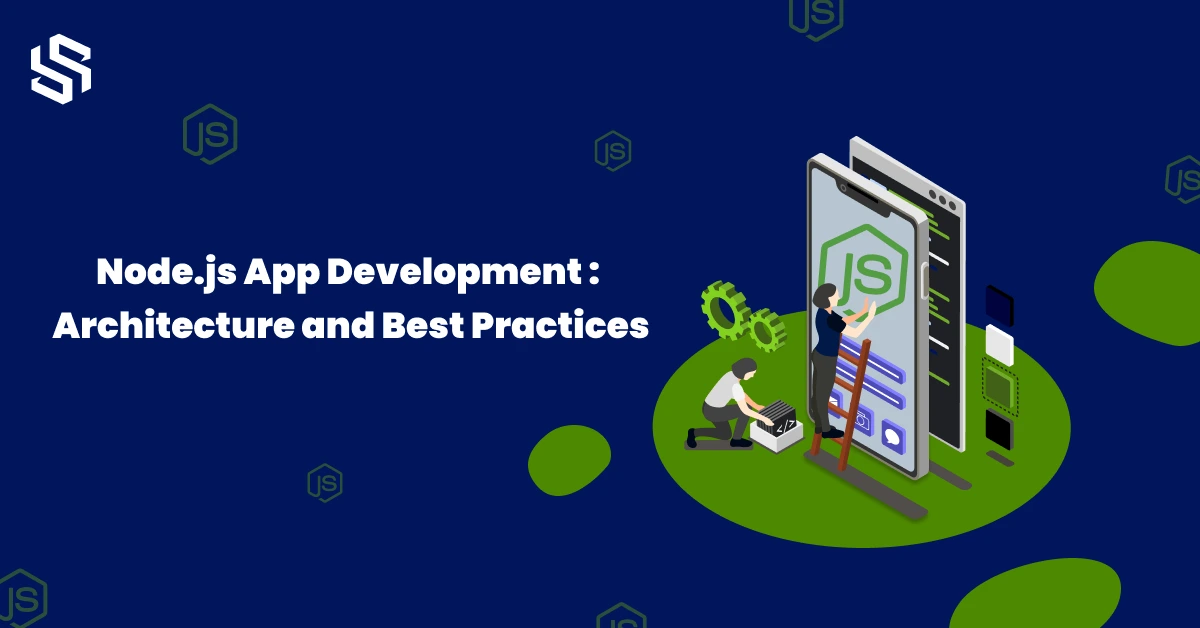Unveiling the Secrets of Ghosted Domains
Explore the intriguing world of expired domains and online opportunities.
Node.js: Where Coffee Breaks Meet Code Breaks
Discover how Node.js fuels productivity—where every coffee break leads to code breakthroughs! Dive in for tips, tricks, and fun insights!
Getting Started with Node.js: A Beginner's Guide
Node.js is a powerful JavaScript runtime built on Chrome's V8 engine. It allows developers to run JavaScript on the server side, making it possible to build scalable network applications. To get started with Node.js, you first need to install it on your machine. Head over to the official Node.js website and download the appropriate installer for your operating system. Once installed, you can verify your installation by opening a command line interface and typing node -v to check the version.
After installation, the next step is to set up your development environment. Create a new directory for your project and navigate to it in the command line. You can initialize a new Node.js project by running npm init, which will guide you through creating a package.json file. This file is crucial, as it manages dependencies and scripts foryour project. To create your first simple server, you can use the built-in http module. Here’s a quick example:
const http = require('http');
const server = http.createServer((req, res) => {
res.statusCode = 200;
res.setHeader('Content-Type', 'text/plain');
res.end('Hello World!');
});
server.listen(3000, () => {
console.log('Server running at http://localhost:3000/');
});Run your server by typing node yourfilename.js in the terminal, and visit http://localhost:3000/ to see your application in action!

Top 10 Node.js Libraries Every Developer Should Know
Node.js has revolutionized the way developers build server-side applications, and understanding the most effective libraries available can significantly enhance your development process. In this article, we will explore the Top 10 Node.js Libraries that every developer should know, ranging from web frameworks to database connectors. These libraries not only streamline your workflow but also improve your application's performance and scalability.
- Express.js: This minimal and flexible Node.js web application framework provides a robust set of features for building web and mobile applications.
- Mongoose: A MongoDB object modeling tool that provides a schema-based solution to model your application data.
- Socket.io: Perfect for real-time communication, it enables event-driven, bidirectional communication between web clients and servers.
- Passport: A popular middleware for Node.js, it simplifies implementation of authentication strategies.
- Jest: A delightful JavaScript testing framework that works seamlessly with Node.js and enables developers to write powerful tests.
- Lodash: A utility library making JavaScript easier by providing helpful functions for common programming tasks.
- SocketCluster: A real-time framework that makes it easy to build scalable, high-performance applications.
- Request: Simplifies the process of making HTTP requests in a Node.js environment.
- Cheerio: A fast, flexible, and lean implementation of core jQuery designed specifically for the server.
- PM2: A production process manager for Node.js applications, allowing you to keep your apps alive forever.
What Makes Node.js a Game Changer for Modern Web Development?
Node.js has revolutionized the way developers approach modern web development by enabling JavaScript to be used on both the client and server sides. This unification of development environments allows for a more cohesive workflow, encouraging greater collaboration between frontend and backend developers. Additionally, Node.js features a non-blocking, event-driven architecture that enhances performance and scalability, making it an ideal choice for applications that require real-time interactions, such as chat applications and online gaming.
Furthermore, Node.js boasts a vast ecosystem of modules and packages available through npm, which accelerates the development process by allowing developers to easily integrate existing solutions rather than building from scratch. This rich repository not only saves time but also promotes the use of best practices within the developer community. In conclusion, with its efficiency, flexibility, and extensive resources, Node.js stands out as a game changer for modern web development, empowering developers to create fast and robust applications with unprecedented ease.